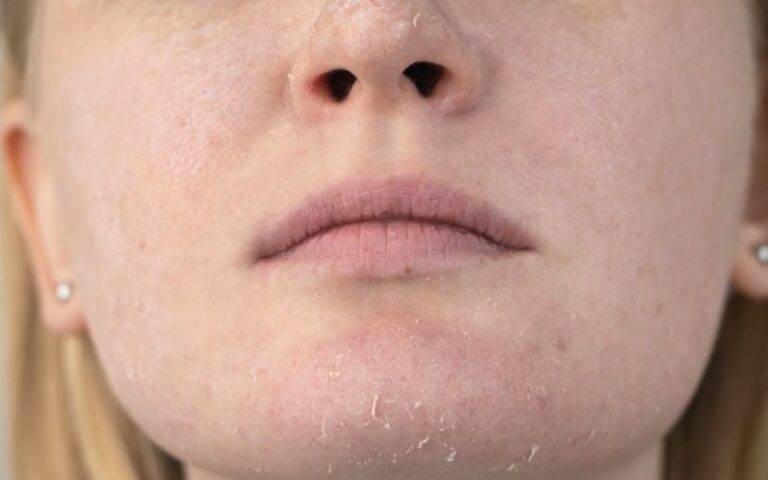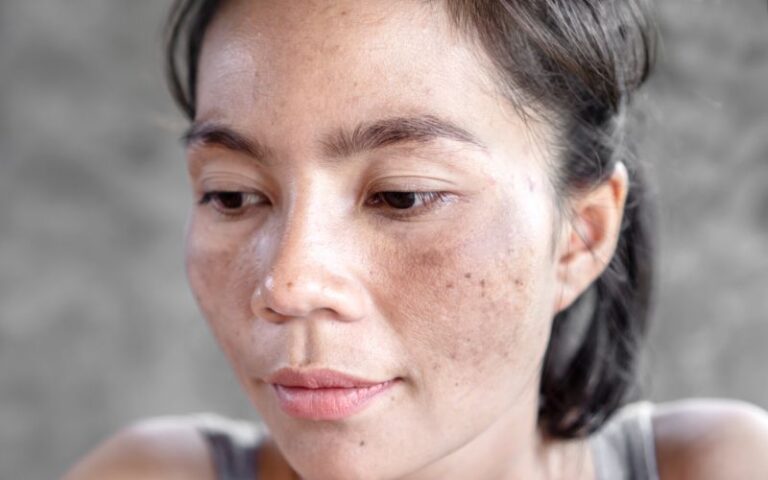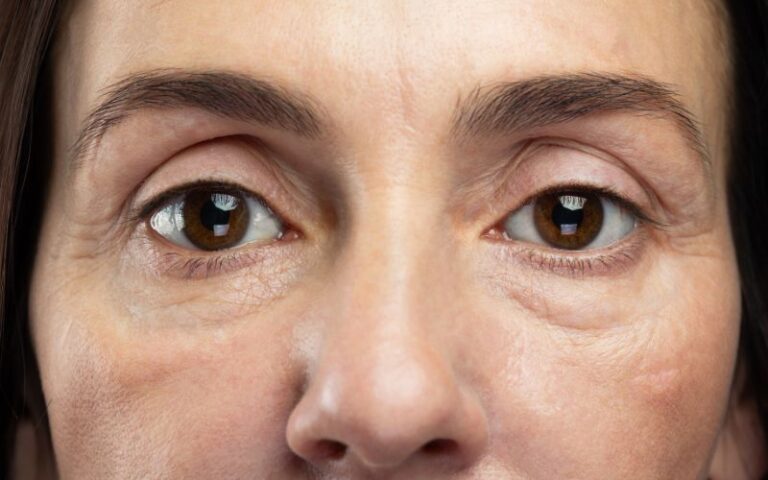This Amazonian Tribe Discovered The Secret To Keeping The Brain From Aging

Each year more people are diagnosed with cognitive illnesses in the form of Dementia or Alzheimer’s.
As westerners we have made great advancements through science and medicine to elongate our life expectancies, however, we are still learning how to manage our brain health and deterioration as we age.
Looking to outside sources, a major key to this puzzle of brain atrophy is coming from the Tsimane indigenous people, a tribe in the Bolivian Amazon.
What is brain atrophy?
Brain Atrophy is the shrinking of the brain as it losses cells, called neurons, that contribute to progressive cognitive impairment.
Symptoms of brain atrophy can include but are not limited to:
- Memory Loss
- Decrease in Executive Functioning (planning, organizing)
- Behavior Changes
- Decreased Learning Abilities and Abstract Thinking
- Aphasia- Difficulty Communicating and Understanding Language
- Seizures
The communication throughout the brain cells can be decreased by disease or injury resulting in immense cognitive impairment within a shorter amount of time.
Each circumstance is different, however, there are ways to improve yours.
The secret to better brain health
According to a study published in the Journal of Gerontology: Biological Sciences, the Tsimane indigenous tribe of the Bolivian Amazon suggest that proper physical activity and diet, even without modern medical care, can keep your brain healthier.
The Tsimane tribe members are extremely physically active and thrive off of a high-fiber diet made up of mainly fish, lean meats, and vegetables.
When their brain volume was compared to westerners via CT brain scans, it was determined that those in the Tsimane tribe, exhibited brain volumes decreasing at rates up to 70% slower.
The importance of brain volume
Naturally, over time, our brains shrink in volume.
With the Tsimane tribe, it has been proven that proper diet and physical activity are able to slow the shrinking of brain volume.
Dr. Hillard Kaplan, who has studied the Tsimane tribe for nearly two decades, notes that “the Tsimane can serve as a baseline for healthy brain aging”.
For westerners this is due to “our sedentary lifestyle and diet rich in sugars and fats may be accelerating the loss of brain tissue with age” according to Dr. Kaplan.
As with a more stagnant lifestyle full of saturated fats and sugars, our brains are the ones that are suffering to keep up and are shrinking rapidly in the process.
How to keep your brain young and prevent deterioration
As seen with the Tsimane tribe, proper diet and physical activity are the main two factors in keeping your brain young and preventing deterioration.
This can be done by:
- Eating a High-Fiber Diet (vegetables, fish, lean meats, etc..)
- Reducing Sugars and Saturated Fats
- Staying Active and Challenging Your Body
- Decreasing Distractions and Technology Use
- Proper Rest and Sleep Patterns
- Lowering Stress Levels
- Spending Time Outdoors or in Nature
Those who have studied the Tsimane tribe have determined what the indigenous people lack in technology, they make up in their physical activity and dietary habits.
Trying to be less sedentary and intentional about your nutrition is the best place to start.
In conclusion
Although we may be expecting to live longer in the western world, it is important as we do so to take care of our brain health and cognitive function in the process.
By slowing the decline of our brain volume and taking note of how to prevent deterioration and brain atrophy before it begins, we are able to decrease the likelihood of experiencing cognitive illnesses such as dementia or Alzheimer’s.
Sources:
The Indigenous South American Tsimane Exhibit Relatively Modest Decrease in Brain Volume With Age Despite High Systemic Inflammation, The Journals of Gerontology: Series A, 2021; glab138, https://doi.org/10.1093/gerona/glab138
Peters R. (2006). Ageing and the brain. Postgraduate medical journal, 82(964), 84–88. https://doi.org/10.1136/pgmj.2005.036665





